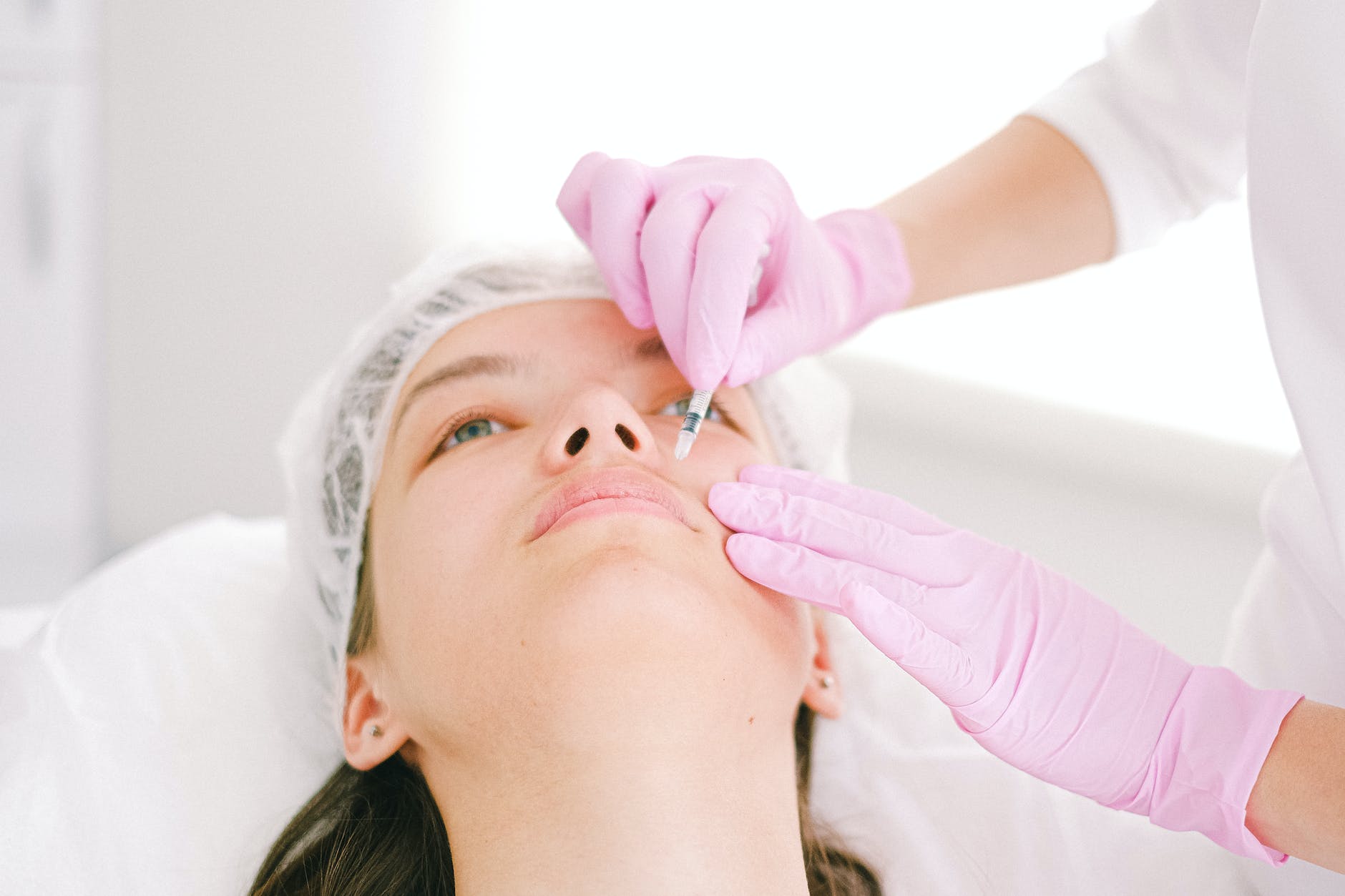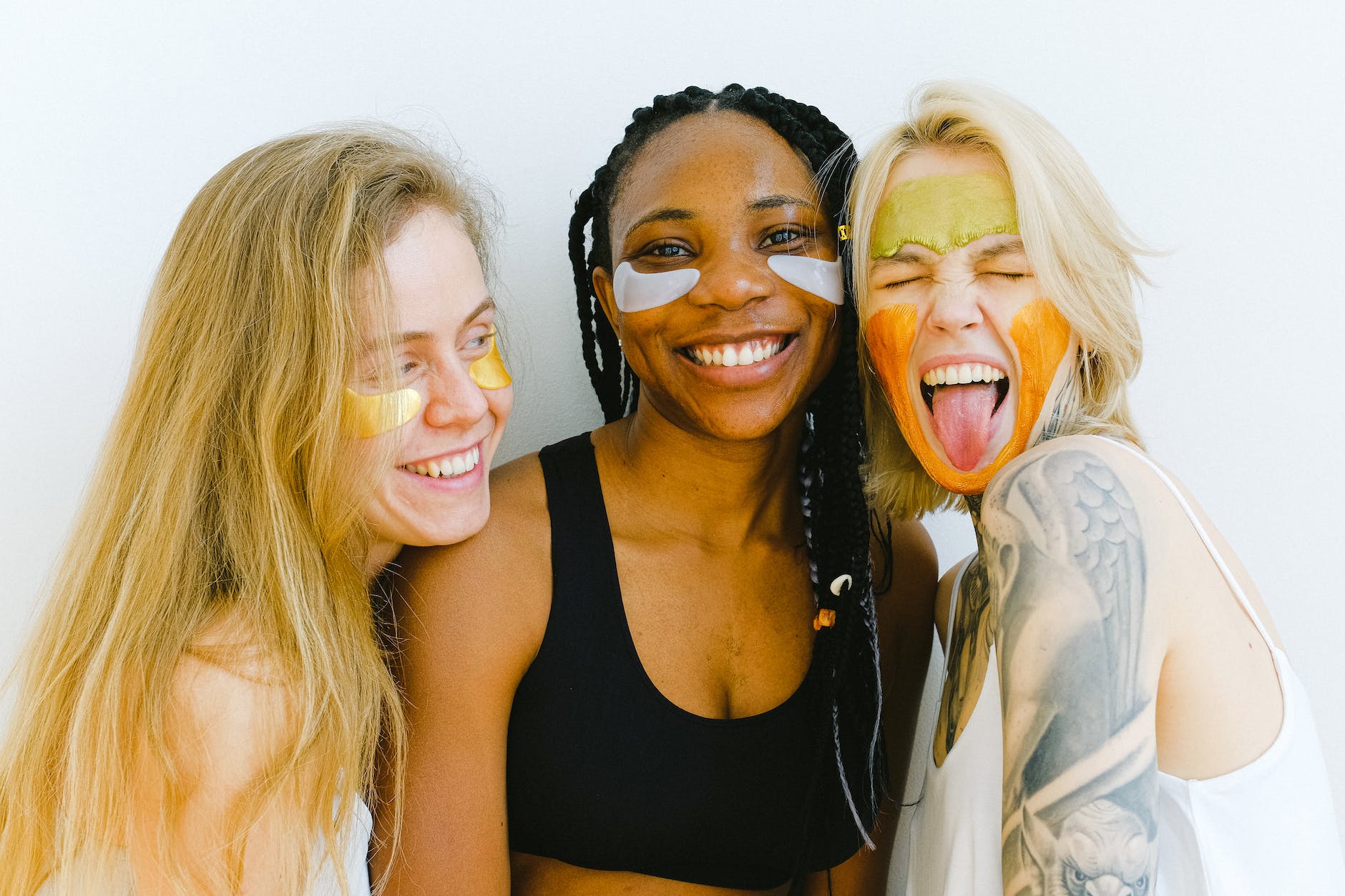By Sara Valle
You’re not ugly, you’re just not in season right now. That’s what beauty influencer and owner of Somber Studios, Jessica Vill, said to her thousands of subscribers in a video two years ago. Her words are as relevant today as they were in 2021.
The “clean girl” aesthetic looked like the light at the end of the tunnel – the end of all silly trends. In a time where 88% of women compare themselves to images they see on social media, it promised that everyone could finally embrace their natural beauty.
But the trend is not about cleanliness and beauty au naturel – it’s about perfection. It hides a reality of lip fillers, facials, Botox, and beauty treatments that not only are unnatural and unrealistic, but are also bound to break the bank.

“Social media has intensified the comparison culture. People often compare their appearance and lives to the curated images on platforms like Instagram, leading to feelings of inadequacy and negative self-perception,” says Rebecca Heald, 42, a nutritionist based in Lincolnshire.
Heald was diagnosed with anorexia at the age of 19 – she believes society’s beauty standards are what led her to fear what had been her favourite dishes. Now she helps others heal their relationship with food and body image through her work in More Than Nutrition.
“Many clients struggle with self-esteem, disordered eating patterns, and mental health concerns linked to societal beauty ideals,” she adds. “[The ‘clean girl’ aesthetic] promotes a certain standard of ‘natural beauty’, but the reality is often far from natural.”
This aesthetic goes further. It’s not just about looking healthy and put together; it’s about appearing flawless and impeccable. It’s a lifestyle.
We’re constantly shown images of what beauty should look like. Over time, this shapes our opinions and perspectives about ourselves and others and can significantly impact our own sense of identity
Eloise Skinner
The Distressing Paradox of Pressure for Perfection
Clean girls wear little to no makeup, effortless hairstyles, and neutral colours. They also choose sustainable and ethically produced minimalistic and timeless clothing, support eco-friendly brands, and sit in a hypothetical decluttered beige-coloured office with abundant natural light, sipping a kale-infused detox smoothie.

To be a true clean girl, you’d also need to follow a holistic approach to well-being, do regular meditation and yoga, and adhere to an organic and balanced diet.
Considering the rising cost of living combined with expensive cosmetic procedures such as lip fillers and lifts, as well as the exorbitant price tag on the clothing and the props that “clean girls” use, it’s safe to say being well-off is an essential part of the game.
The trend encouraging individuals to embrace their imperfections and foster a sense of self-acceptance and love is causing distress instead. Recent research by the National Institute of Health has shown that 70% of women who spend one hour on social media experience depressive symptoms. “This can result in body dissatisfaction and, in some cases, may even drive individuals to pursue cosmetic procedures to meet these unrealistic standards,” says Heald.
A quick search on TikTok will yield a myriad of videos of girls posing in a sunlit space with peach-soft plump and luminous skin, and slicked-back ponytails. The roles models are Hailey Bieber and Bella Hadid, who are known for their alleged cosmetic procedures.

“There’s a strange irony, or falseness, about linking cosmetic procedures with the idea of natural beauty,” says Georgina Sturmer, 42, a counsellor from Hertfordshire who works with clients online. “It sends a false message about what ‘natural beauty’ really means, and we might feel pressure to try to meet impossible or unattainable standards to feel as if we are naturally beautiful.”
Adds Lucy Moat, 44, an aesthetics practitioner from Kent who has been working in the cosmetics industry for over 20 years: “Today, social media platforms like TikTok and Instagram will be accused of manipulating a certain age group with unrealistic expectations of beauty – like hair extensions, lash extensions, or full lips.”
Beyond Beauty: Unfair Representation
Besides the classist tinges, the trend has been under fire before for being racist and fatphobic, as it fails to broadly represent women of colour and to include different body types. Some argue Blackness is not inherently accepted as part of the look, despite its borrowing from fashion styles popularised by Black and Latina women.
These unattainable beauty standards not only damage our self-esteem in a physical sense, but also our perception of self-worth.

“The feeling of ‘not fitting in’ can often shape our own sense of identity, making us feel excluded or that we don’t belong,” says London author, psychotherapist, and commercial model Eloise Skinner, 31. “These feelings can have significant impacts on our lives. Belonging, in particular, should be regarded as of fundamental importance to our sense of fulfilment and wellbeing in the world.”
But social media is only emphasising an issue that’s been here for decades.
“We’re constantly shown images of what beauty should look like. Over time, this shapes our opinions and perspectives about ourselves and others and can significantly impact our own sense of identity,” adds Skinner.
Link to published article: https://hollowayexpress.org.uk/fillers-botox-and-lifts-the-clean-girl-aesthetic-isnt-as-clean-as-you-think/

